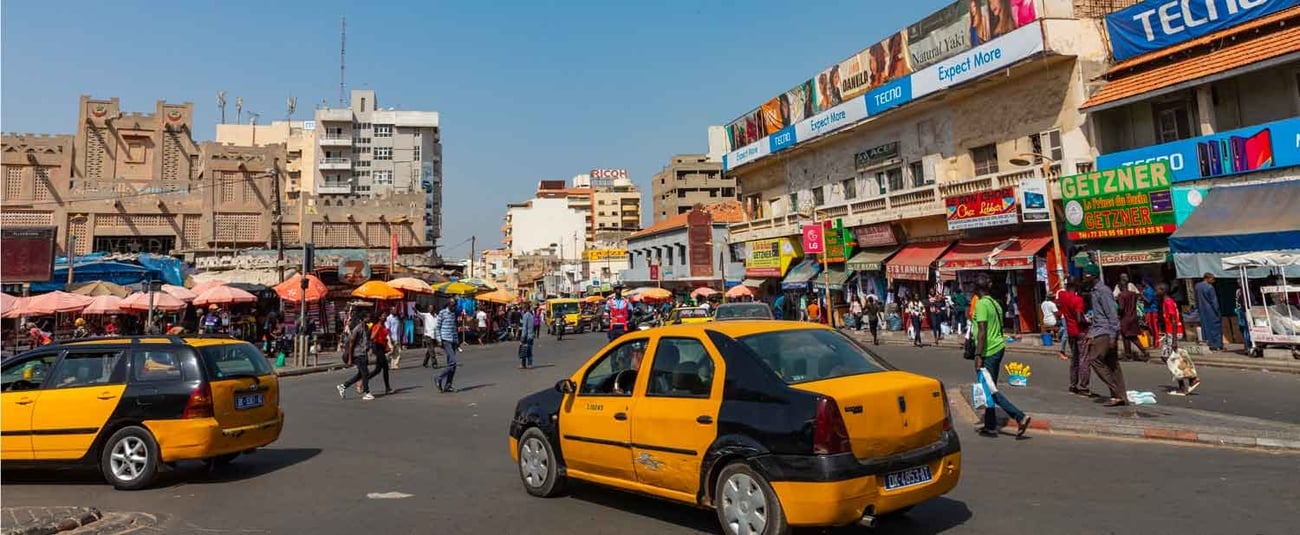
As of Thursday, October 16, 2025, a new decree issued by the Ministry of the Interior and Public Security in Senegal will come into force, banning the circulation and parking of carts, rickshaws, and other non-motorized vehicles in key urban areas, including Dakar, Mbour, Kaolack, and Saint-Louis.
The measure, designed to improve traffic flow, safety, and hygiene, has sparked a range of reactions from residents and business owners.
The decision, which is set to affect various categories of vehicles including food vending carts and horse-drawn carts, is seen as a step towards restoring order in Senegal’s congested cities.
According to the Ministry, the aim is to clear public spaces of non-motorized vehicles and street vendors, thereby reducing urban congestion and improving the overall cleanliness of city centers.
This initiative forms part of a broader effort to reorganize public spaces, particularly in urban centers where street vendors and non-motorized vehicles have contributed to significant traffic disruptions.
Local authorities have been tasked with identifying the most affected areas and organizing removal operations in coordination with law enforcement agencies.
However, while some residents have welcomed the move as necessary for the modernization of urban spaces, others have voiced concerns about the lack of alternatives for the vendors impacted by the ban.
“Yes, we can move them… but with what alternatives?” questioned a shopkeeper from Pikine, highlighting the absence of support programs or financial solutions for those who depend on street vending for their livelihoods.
The new decree also comes amid ongoing eviction campaigns led by Minister of the Interior Maître Bamba Cissé, who replaced General Jean-Baptiste Tine in the role. Since his appointment, Cissé has focused on clearing illegal street occupations, unlicensed businesses, and unauthorized garages.
These efforts are framed as part of a broader goal to “restore public order and urban dignity” while reducing crime and traffic accidents.
The new regulations will be enforced through joint patrols involving municipal services and police officers to ensure compliance.
However, several street vendor associations have expressed concerns, calling for a seat at the table to discuss the future of their businesses.
They are pushing for more concrete solutions, such as designated sales zones or microcredit programs to help vendors formalize their operations.
In response, Minister Cissé has urged citizens to “show patriotism” and support the initiative, emphasizing that the measures are in the best interest of public health and safety.
As the policy is implemented in the coming days, it remains to be seen whether it will strike a balance between urban development and social inclusion, or if it will deepen divisions between the authorities and the city’s most vulnerable populations.



